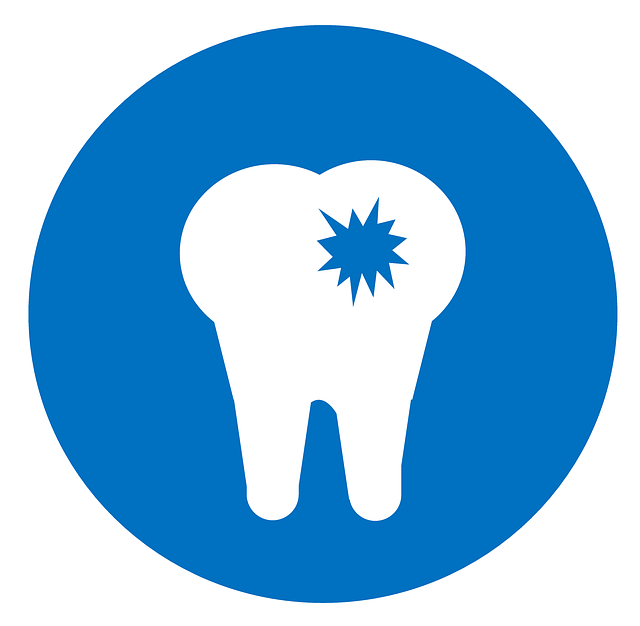Developing a cavity (decay in teeth) is very frustrating. A few different things can cause decay but it is largely due to lack of good oral hygiene combined with a poor diet. This can put you right in the line of fire for developing one or many cavities.
What is a cavity?
A cavity develops when the hard outer layer (enamel) of the tooth becomes weakened and starts to break down. When the weakened enamel breaks down it results in a hole we call a cavity and if not treated can result in pain.
How does a cavity form?
First let’s explain plaque. Plaque is a sticky, colorless film of bacteria that constantly forms on our teeth and along the gum line. Plaque contains bacteria that cause cavities and gum disease.
When plaque is not properly cleaned off, the bacteria in the plaque feed on the foods we eat and produce acid as their waste product. The acids produced from the bacteria over time start to wear away at the hard outer layer of the tooth called enamel forming small holes we call cavities. This acid will continue to wear through the enamel and start to attack the next softer layer called dentin. If not properly taken care of the destruction will continue its way through the tooth into what is called the pulp. Pulp is the very center of the tooth and contains a lot of nerves and blood vessels. Once the decay has been able to reach the pulp treatment needs can range from root canal therapy to removal of the tooth.
How do you prevent a cavity from forming?
In the fight against preventing cavities keeping a good oral hygiene is important, but diet also has a huge role! Regularly brushing twice a day using a fluoridated toothpaste for 2 minutes and daily flossing are key. However not feeding the bacteria what they love the most is very important. Bacteria’s favorite food is sugar and carbohydrates and it takes 20-60 minutes after we stop eating or drinking foods with sugar or carbs for the bacteria to stop producing the harmful acid. The easiest change to make in diet is to drink water. Water is the only beverage that will not increase your risk for developing cavities, but it needs to be plain water. Flavored water or sugar free drinks can contain citric acid and this can increase the risk of developing decay. Of course visiting with your dentist for regular check-ups and cleanings will help prevent decay and protect your teeth and gums.
This routine is especially important for your children. Teaching them good oral hygiene and healthy eating habits at an early age will only set them up for success in obtaining a beautiful smile. Contact our office today if you have any questions or concerns, we are happy to help!
